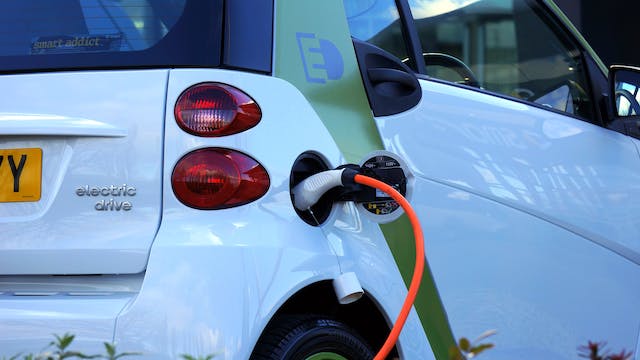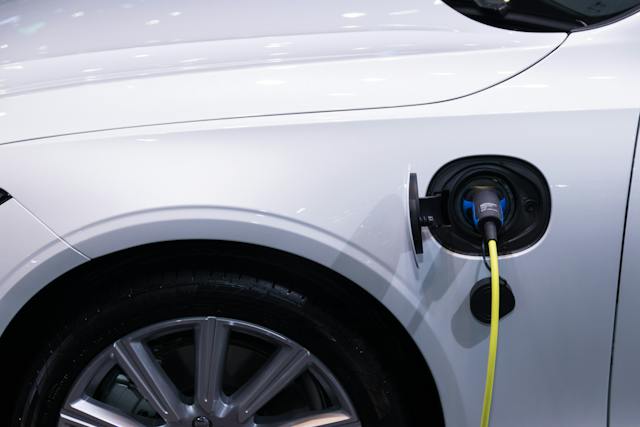Comments
- No comments found

The shift towards electric vehicles (EVs) represents a beacon of sustainable innovation.
As the world confronts the escalating challenges of climate change and environmental degradation, the electric transition not only heralds a new era of transportation but also promises substantial environmental benefits. In this article, we'll explore into how embracing EVs can significantly improve air quality, reduce greenhouse gas emissions, and contribute to a greener planet.

Electric vehicles, characterized by their use of electric motors powered by rechargeable batteries, mark a paradigm shift from traditional internal combustion engine vehicles. They have evolved from early prototypes to cutting-edge models, offering an efficient and cleaner alternative to gasoline-powered vehicles.
The realm of EVs includes Battery Electric Vehicles (BEVs) that run exclusively on electricity and Hybrid Electric Vehicles (HEVs) that combine electric propulsion with conventional engines. Unlike their gasoline counterparts, EVs release no tailpipe emissions, significantly mitigating environmental pollution.

Conventional vehicles emit a range of greenhouse gases, notably carbon dioxide, contributing to global warming and climate change. They are also a major source of pollutants such as nitrogen oxides and particulate matter, which severely impact air quality and pose health risks.
Traditional vehicles heavily depend on finite fossil fuels. In contrast, EVs are more energy-efficient, converting a higher percentage of electrical energy into power through DC fast chargers, leading to less energy waste and a smaller carbon footprint.

EVs are a key player in reducing greenhouse gas emissions. A recent study from the Yale School of the Environment demonstrates that EVs, even when factoring in indirect emissions from their production and electricity generation, have a significantly lower environmental impact compared to fossil fuel vehicles. This reduction is critical in curbing climate change and achieving global carbon reduction targets.
The transition to EVs is also a boon for urban air quality. According to research conducted by Northwestern University, EVs have a positive impact on air quality, even when their electricity is derived from combustion sources. By replacing combustion vehicles with EVs, we can significantly reduce pollutants like ozone and particulate matter, which are harmful to human health.

The path to widespread EV adoption is not without challenges. Key issues include developing extensive charging infrastructure, improving battery technology, and addressing higher initial costs compared to traditional vehicles.
Strides in battery technology, increasing the availability of charging stations, and government incentives are making EVs more accessible and cost-effective. Progressive policies and investments in EV infrastructure are essential to accelerate this transition.

Future technological advancements promise to enhance the environmental benefits of EVs. Innovations are expected in battery efficiency, charging technology, and integration with renewable energy sources.
The widespread adoption of EVs also hinges on societal acceptance and supportive policies. Public awareness campaigns, incentives for EV purchasers, and investments in renewable energy infrastructure are critical for a comprehensive shift to electric transportation.
The transition to electric vehicles is a pivotal step towards a sustainable future. It presents an opportunity to significantly mitigate environmental impacts, particularly in terms of air quality and greenhouse gas emissions. Embracing EVs and supporting the necessary infrastructure and policies will be instrumental in steering our world towards a cleaner, greener future.
Luke Fitzpatrick has been published in Forbes, Yahoo! News and Influencive. He is also a guest lecturer at the University of Sydney, lecturing in Cross-Cultural Management and the Pre-MBA Program. You can connect with him on LinkedIn.
Leave your comments
Post comment as a guest